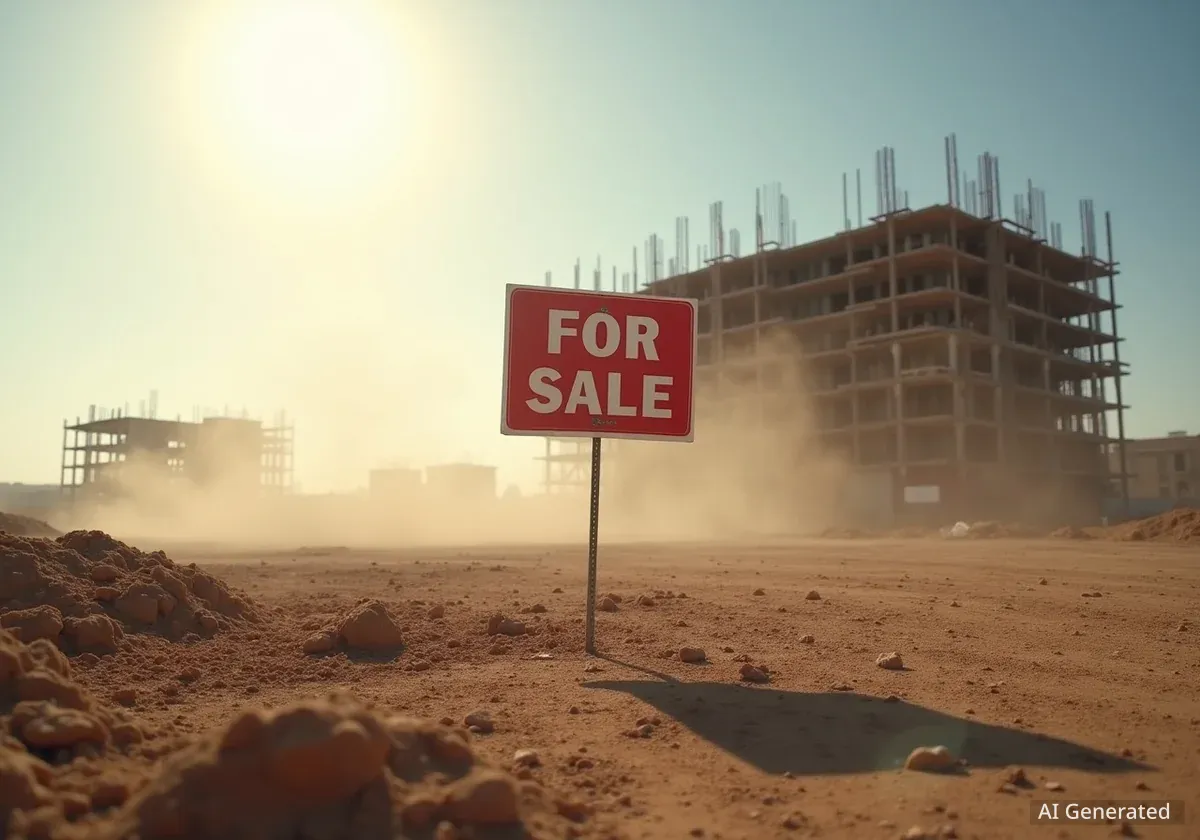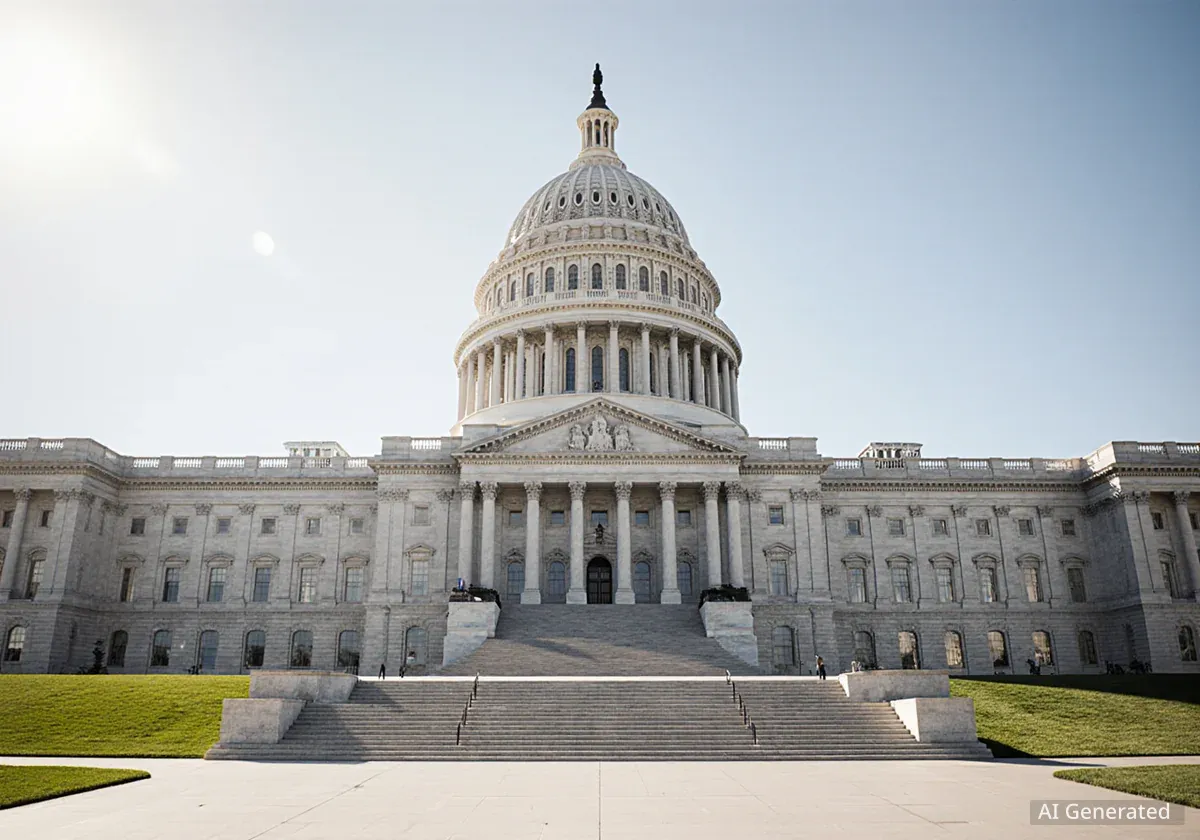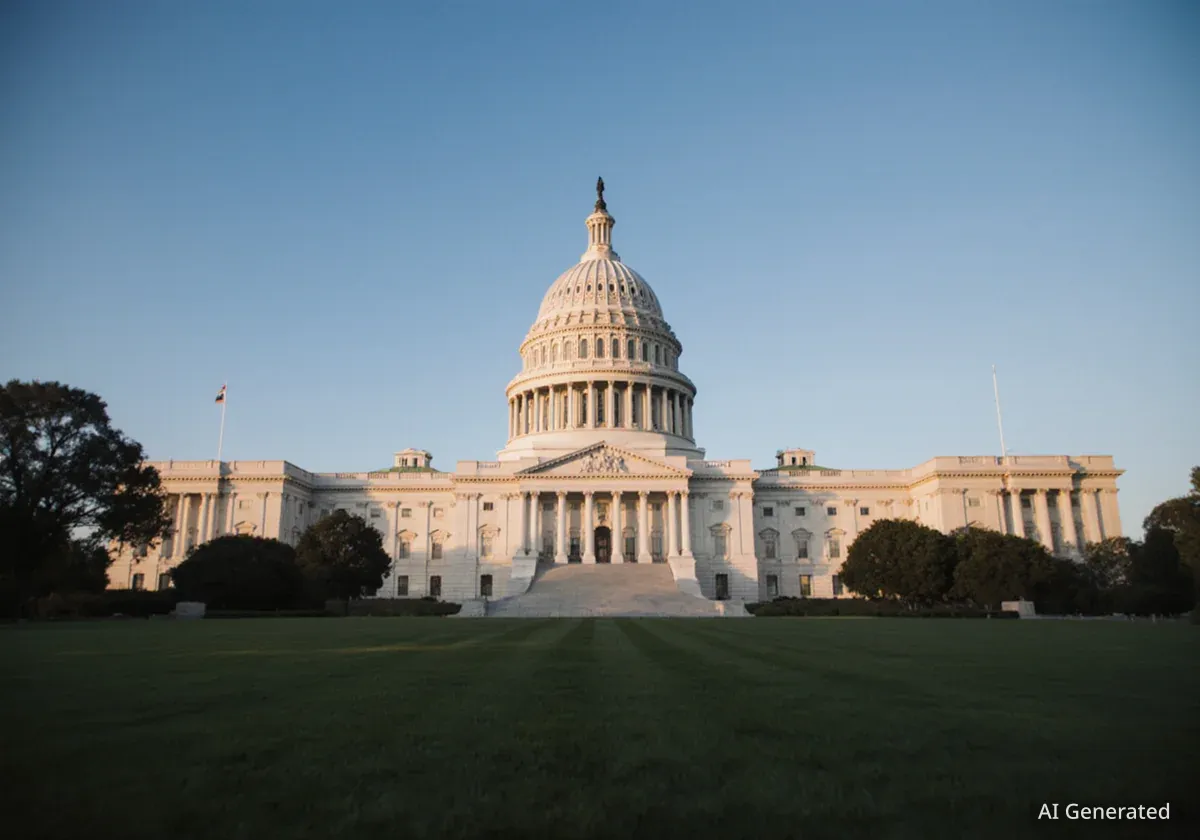Amid ongoing conflict, proposals from some Israeli politicians and private groups regarding the future of land and real estate in the Gaza Strip have ignited significant debate. These discussions, which include suggestions for re-establishing Israeli settlements, have drawn sharp criticism internationally and have been publicly disavowed as the official policy of the Israeli government.
Key Takeaways
- Discussions about potential Israeli settlement and real estate development in a post-conflict Gaza have emerged from certain political and activist circles in Israel.
- The official Israeli government position, as stated by Prime Minister Benjamin Netanyahu, is that Israel does not intend to permanently occupy Gaza or displace its population.
- The United States and other international bodies have voiced strong opposition to any proposals involving new Israeli settlements in the territory.
- Speculative marketing materials from at least one Israeli real estate firm depicting future projects in Gaza have generated public controversy.
- The extensive destruction of infrastructure and housing in Gaza presents a complex backdrop to any discussions about its future reconstruction and governance.
Settlement Advocacy and Political Discourse
In recent months, a number of right-wing Israeli politicians and activists have publicly advocated for the re-establishment of Israeli settlements in the Gaza Strip. These settlements were dismantled in 2005 as part of Israel's disengagement plan. This movement gained visibility during a conference held in Jerusalem, where several government ministers and members of the Knesset addressed attendees on the topic.
Participants at the event argued that rebuilding Jewish communities in the territory is essential for Israeli security. Proponents of this view often link the presence of settlements to a stronger security foothold in the region. However, these calls represent a minority viewpoint within the broader Israeli political landscape and are not part of the government's stated war aims.
Historical Context: The 2005 Disengagement
Prior to 2005, there were 21 Israeli settlements in the Gaza Strip. The Israeli government, under then-Prime Minister Ariel Sharon, unilaterally dismantled these settlements and withdrew its military forces, ending a 38-year presence. The decision was highly contentious within Israel and remains a significant event in the history of the conflict.
Official Government Position vs. Factional Views
The official position of the Israeli government has been to distance itself from these resettlement proposals. Prime Minister Benjamin Netanyahu has repeatedly stated that Israel's objectives do not include the permanent occupation of Gaza or the displacement of its Palestinian residents. The government's focus, according to official statements, is on dismantling Hamas's military and governing capabilities and ensuring the future security of Israel's southern border.
Despite these official declarations, the public statements from ministers within Netanyahu's coalition government have created ambiguity and drawn criticism. Observers note the challenge the government faces in managing the messaging from its diverse political factions, particularly those on the far-right who hold different visions for the region's future.
Widespread Infrastructure Damage
According to assessments by the United Nations and the World Bank, the conflict has resulted in catastrophic damage to Gaza's infrastructure. Reports estimate that over 60% of the housing stock has been destroyed or damaged, alongside critical public facilities like hospitals, schools, and water systems. The cost of reconstruction is projected to be in the tens of billions of dollars.
Controversial Real Estate Speculation
The debate has been further fueled by the actions of some private companies. At least one Israeli real estate firm published speculative advertisements and concept images depicting luxury beachfront homes and new communities in Gaza. These materials, which circulated on social media, were presented as visions for a future after the conflict.
The marketing efforts were met with widespread condemnation, with critics describing them as insensitive and provocative given the ongoing humanitarian crisis. The company involved defended the images as a conceptual project intended to generate discussion, but the incident highlighted the commercial interests that could emerge in a post-conflict scenario.
"Our policy is to prevent the renewal of settlement in Gaza."
– Statement from the office of Israeli Defense Minister Yoav Gallant
International Reaction and Diplomatic Pressure
The international community has responded unequivocally to the settlement proposals. The United States, Israel's closest ally, has been particularly firm in its opposition. U.S. State Department officials have publicly stated that there should be no reoccupation of Gaza by Israel and no reduction in its territory.
This stance is shared by the European Union, the United Nations, and key Arab nations, many of which are involved in discussions about post-conflict governance and reconstruction. The diplomatic consensus is that the future of Gaza must be determined by Palestinians and that any discussion of Israeli settlements is a non-starter for a sustainable peace process.
Key International Positions:
- United States: Opposes reoccupation or resettlement of Gaza.
- European Union: Rejects any territorial changes imposed by force and supports a two-state solution.
- Arab Nations: Emphasize Palestinian self-determination and oppose any displacement of the population.
The Future of Gaza's Land
As the conflict continues, the question of Gaza's future remains unresolved. The immense scale of destruction necessitates a massive reconstruction effort that will require international cooperation and funding. The debate over land use, governance, and security architecture will be central to any long-term planning.
While the proposals for Israeli redevelopment and settlement currently remain on the political fringe, they have introduced a contentious element into an already complex situation. The resolution of these issues will depend heavily on the outcome of the current conflict and the diplomatic negotiations that will inevitably follow.





